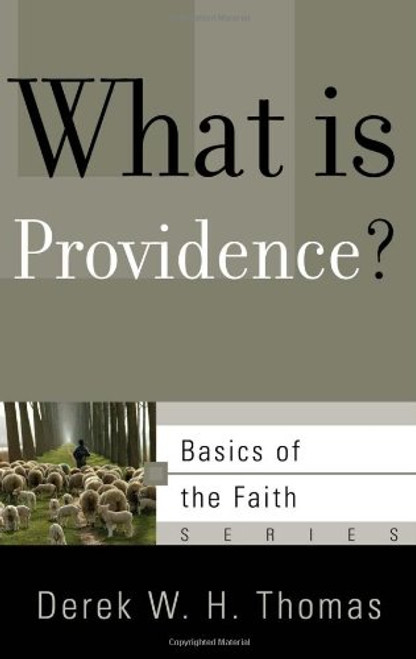Product Overview
Gilbert Meilaender here offers reflections on the moral life from within the life of faith. Drawing on such diverse sources as E.B. White, Alasdair MacIntyre, Augustine and Felix Salten, the author of Bambi , Meilaender focuses on the particular shape of the Christian life as it pertains to the commitments of believers and to the way in which those commitments form moral vision. Beginning with Christianity as a particular way of life, Meilaender suggests that Christians should not try to develop an autonomous ethic; neither, however, need they deny the common ground that exists with those who stand in other traditions. He then discusses human nature as creaturely, sinful and justified - using these categories to think about such topics as the relation of humans to their environment, the meaning of personhood, the meaning of original sin, and the relation of indicative and imperative in the Christian life. Meilaender argues that a particular kind of moral theory, one that is non-consequentialist, is appropriate for those working within the Christian tradition. In a chapter on the relation of Church and society he argues for the necessity of the Church's works of both mercy and witness. In a chapter on mortality Meilaender considers the sense in which - for Christians - death is both natural and unnatural, and he explores some of the implications for both public policy and personal life of such a view. Finally, Meilaender uses the story told by St. Augustine in his Confessions reading it - over against Rousseau's Confessions - as a narrative embodiment of the Christian ethic.







